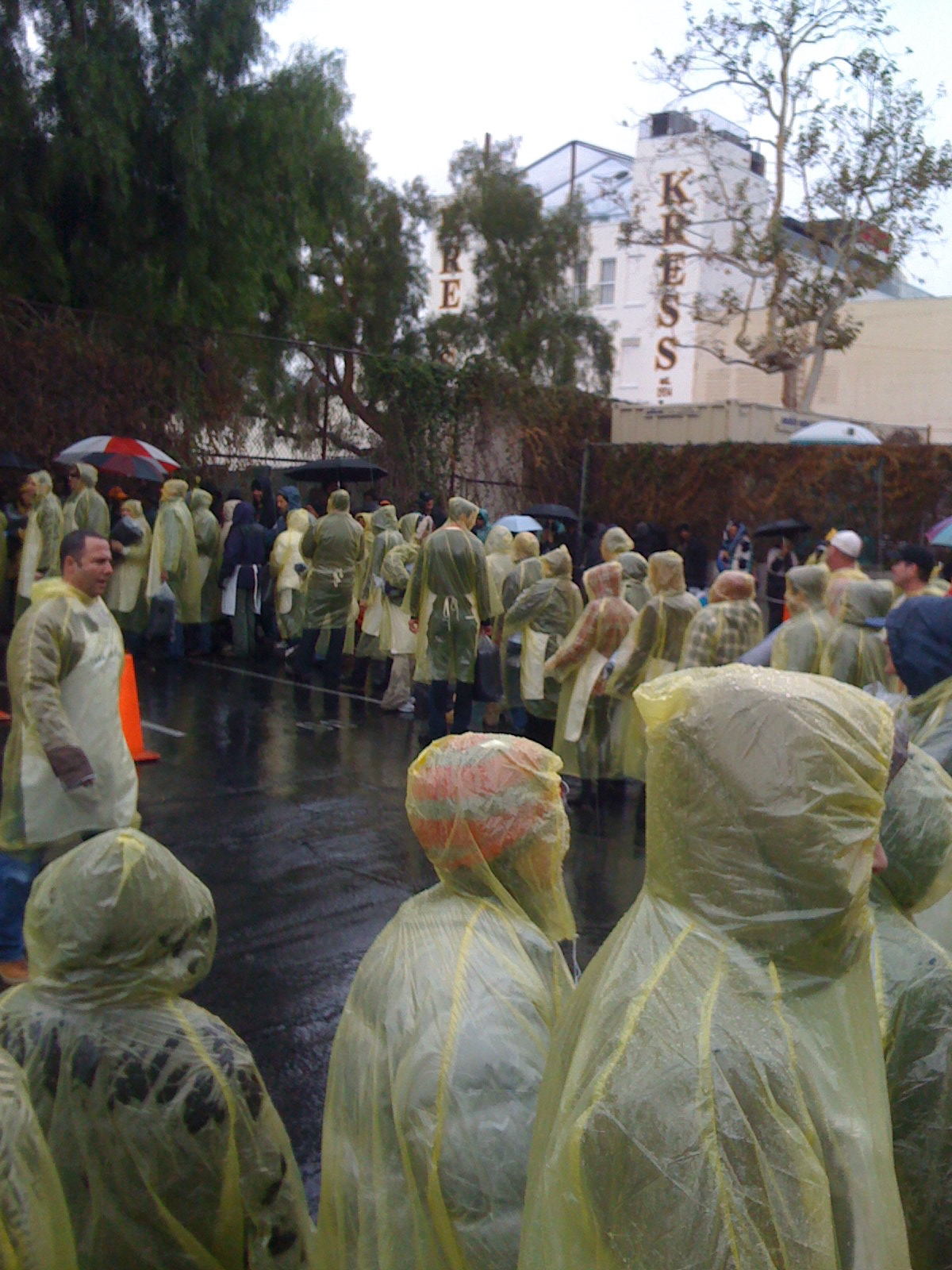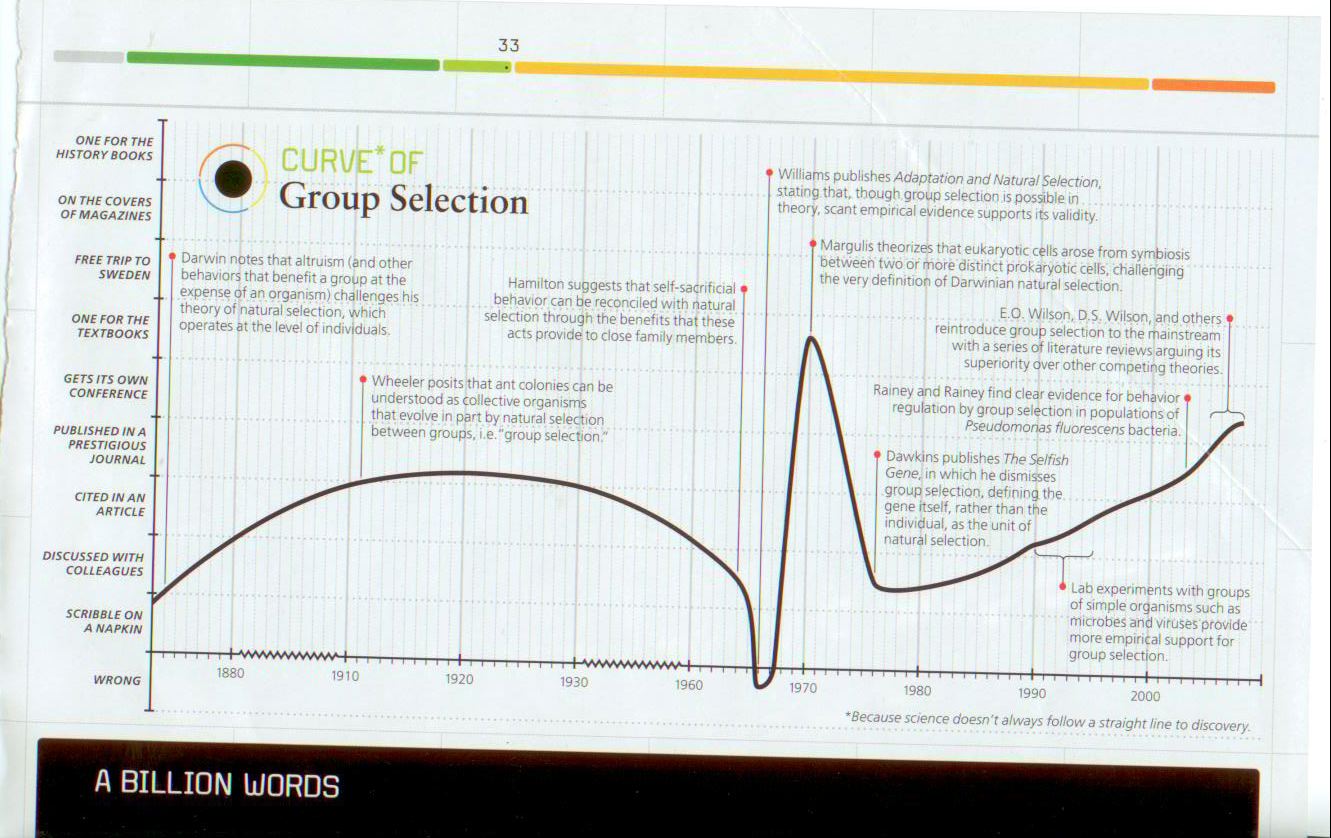December, 2008
Making Great Decisions When it Counts
Some friends and I watched the above talk together by Dan Gilbert on the various ways humans made logical errors in decision making. If you are a behavioral economist or are into psychology literature, you are probably all too familiar with the experiments on this subject, but it’s worth watching anyway.
There was some criticism of the talk in that it does ignore the fact that given limited resources in making decisions, the heuristics that we humans use (i.e. the rules of thumb, like price being a good indicator of quality) serve us very well most of the time. It’s only under specific circumstances that these heuristics lead to logical errors and bad decisions. Thus, the talk left some people thinking that the point Gilbert was making is that we’re all pretty bad decision makers and we should learn to transcend these error-prone heuristics. The critics further suggested that no, we’re not bad decision makers, we are in fact really good 95% of the time, …
Emergence 101
[I just noticed the video links were broken in my original post, so I’m reposting this]
Apparently this PBS NOVA program aired last year, but somehow I missed it. Definitely worth watching (and looking at the examples), especially if you are mystified by all of this “emergence mumbo jumbo”:
Part 1
http://www.youtube.com/watch?v=HnO_MKHG_LoPart 2
…U.S. Government is Open for Questions
Taking the cue from social software sites like Digg, the Obama transition team is leveraging the wisdom of your crowd to find out what the most important and relevant questions are that the public wants answered. Judging from the top page of questions as voted by several hundred thousand people, the relevance/importance quotient is very high. Below is the email that tipped me off to this latest development in “government 2.0”.…
Best Talk of Pop!Tech '08
The reason I like this talk so much (besides that it’s well-presented) is that it introduces us to the idea of invisible etiology. Such a powerful concept, one that I feel has the power to help us solve so many mysteries, once we take it seriously.
Something that I’ve been thinking about lately: does homelessness have an invisible etiology (or etiologies), and if so, what is it?…
Should We Hold the Bush Administration Accountable?
Paul Phillips’s blog entry quoting Greenwald on Bill Moyers sums up it up pretty well. And I’ve wondered what the Obama administration is going to do about this and what they should do. The arguments for not pursuing the Bush administration’s crimes are good ones. We have such big fish to fry with the economy, climate and wars that it would be a huge distraction right now. And secondarily, it would come off as divisiveness in a time when we need it least, not to mention that it was one of Obama’s main campaign promises change the culture of partisan politics that has plagued us for so long.…
Eben Pagan’s Birthday Webinar
This year for his birthday, Eben decided to host this webinar and invited all his contacts to join him online in lieu of a party and gifts. What a brilliant concept and even more brilliant execution. Eben (and Scott Brandon Hoffman, founder of CharityWater.org) truly epitomize the new philanthropy. Watch the video here.…
Superfoo
Response to Superorganism as Terminology.
I was actually about to post something about terminology, so I’m glad this came up. It’s just so difficult to choose words to describe concepts that have little precedent, without going to the extreme of overloading on the one end (e.g. “organism”) or the other extreme of being totally meaningless (e.g. “foo”). I have tried to use terms that are the closest in meaning to what I’m after but there’s no avoiding the misinterpretation. I can only hope by defining and redefining to an audience that is not quick to make snap judgments but rather considers the word usage in context, we can converge to at least a common understanding of what I am claiming. From there at least we have a shot at real communication of ideas and hopefully even agreement.…
Great Nutrition Tips
I’ve plugged Dr. Ann before on this blog, but this 13 minute video is definitely worth checking out, esp. during the holidays. Ignore the marketing and just listen to the information and tips. The science of nutrition is extremely complex, but there are some well-understood principles that Dr. Ann focuses on. If you are like me, you have to understand the processes before you will believe something and take action. I think her book is the best out there as it’s a combination of scientific consensus, practical tips, and easy-to-understand explanations of why the recommendations work.…
Your Seat at the Table
The Obama Transition team wants your input on how to fix the country:
No, seriously. Check out the various meetings they have upcoming and the comments sections that go with each. Some topics like Health Care have lots of comments. Others like the Humanitarian, Refugee, and Asylum Policy meeting currently have no comments, which means you could have quite a bit of influence by being the only one to spout your opinion…
So, what do you think? Will Obama policy be shaped by this promising open forum with unprecedented input from the average citizen, or will this end up as just good PR?
p.s. is that Stephen Colbert looking askance at the bald dude? :-)…
Embodied Cognition
Until recently, Artificial Intelligence research has been grounded on a theory of cognition that is based on symbolic reasoning. That is, somewhere in our heads the concepts are represented symbolically and reasoned about via deduction and induction.
At long last, AI researchers are truly learning from human cognition (oh the irony!) Introducing Leo, the robot that learns to model and reason about the world like human babies do, via embodied experience and social interactions:
…Cancer as Evolution, part 4
For those who missed the first three parts:
Any underlying theme of this thread is how reliance on reductionism causes us to miss the key invisible etiologies that are necessary to make progress on understanding, treating, detecting and preventing cancer.
In the first three parts of this series, I pointed out how the invisible etiology of somatic evolution has great explanatory and predictive power for oncology. A new paper by some researchers on the vanguard of complex systems thinking shows how adding a complementary ecological model leads us to the promising approach of ecological therapy.
A Nature Review article published a couple of years ago summarizes the case for cancer as an evolutionary and ecological process
hat tip: David Basanta…
The Return of Public Discourse
We are living in a time wherein the sound bite is the modal and most influential form of public discourse. Which is unfortunate because of its unidirectional, one-to-many nature. I’m happy to report though that I see the signs of a return to more meaningful conversation in the form of online video.…
Response to "Superorganism Considered Harmful"
This is a response to Kevin’s post responding to my post.
…Rafe makes an analogy to cells within a multicellular organism. How does this support the assertion that there will only be one superorganism and that we will need to subjugate our needs to its own? Obviously, there are many multicellular organisms. Certainly, there are many single-celled organisms that exist outside of multicelluar control today. So where is the evidence that there will be only one and that people won’t be able to opt out in a meaningful sense?
Behavior and Emotions as Virus
We’ve talked about obesity as a virus and violence as a virus, both well-supported by the research. Now there’s happiness as a virus. Hardly a surprise, but I guess for new paradigms to become the accepted basis for organizing scientific thinking, they first have to become banal. So let’s bring it on, what’s the next human behavior or emotion that will be featured in a “surprising”study showing a viral etiology?
hat tip: Daniel Horowitz…
The Emergent Universe
In a previous post I asked what you thought this was:
Here is the same system at different resolutions (lowest to highest):…
Hina Chaudhry
Like does this mean you can cure heart disease?
She’s hesitant. Nobody wants to say they can defeat the industrialized world’s number one killer. Nobody wants to make promises about life, or quantify salvation. But she fervently believes she’s got a shot.
This is what the 2008 Genius edition of Esquire Magazine had to say about Hina Chaudhry. Her approach is to switch back on the mechanism that causes cells to divide in the heart, which doesn’t normally happen after birth in any mammal. This is not a stem-cell approach, despite what it might sound like.
Looking on the web there appears to be very little written about this work, so I’m wondering how Esquire found her or chose her work to highlight. I’d like to learn more if anyone has information they’d like to share.…
What Stops Terrorism
40% percent of terrorist groups are defeated by police and intelligence operations. 43% percent end because they give up violence and join the political process. Only 7% end as a result of military force.
This according to the research of Seth Jones, as reported in the 2008 Genius edition of Esquire Magazine.…


